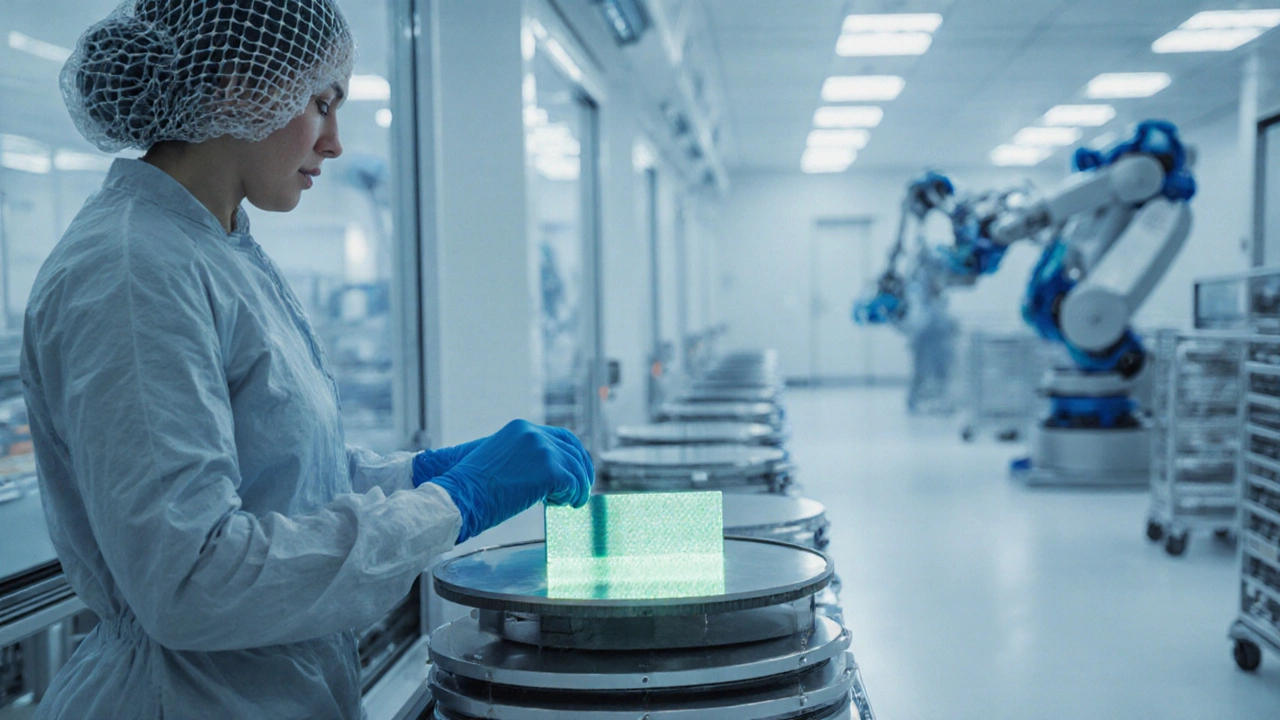Advanced Manufacturing for Plastic Production
Ever wonder why some factories churn out flawless plastic parts while others struggle? The secret is advanced manufacturing. It blends smart machines, data‑driven decisions, and eco‑friendly practices to lift quality and cut waste. At Urban Polymers India, we use these tools every day.
Smart Machines and Real‑Time Data
Modern injection moulders now talk to each other. Sensors monitor temperature, pressure, and cycle time in real time. If something drifts, the system alerts the operator instantly, preventing defects before they happen. This kind of automation not only saves material but also keeps the line running smoother.
Sustainable Practices that Pay Off
Advanced manufacturing isn’t just about speed; it’s about being green too. Recycling scrap directly back into the melt reduces raw‑material costs by up to 15 %. Energy‑efficient drives and heat‑recovery units cut power bills and lower carbon footprints, which is a win for the planet and your bottom line.
Another trick is design for manufacturability. By simplifying part geometry and standardising mould sizes, you reduce setup time and extend tool life. That means fewer expensive mould changes and faster order turnover.
Data analytics also play a big role. Historical production data helps predict when a machine will need maintenance, so you can schedule downtime without halting the whole line. Predictive maintenance keeps equipment humming and avoids costly breakdowns.
Workforce training is key, too. Operators who understand how to read sensor data and adjust parameters become problem‑solvers rather than just machine handlers. Short, hands‑on workshops keep skills fresh and boost morale.
When you combine smart hardware, clean energy, and skilled people, you get a factory that can meet tight deadlines without sacrificing quality. This is what we call a true Industry 4.0 environment – a digital‑first, resource‑smart production floor.
Ready to upgrade your own plastic processes? Start by auditing a single production line. Identify where sensors could add value, then pilot a small automation project. Measure the results, and scale up gradually. Small steps add up to big gains.
What Is the Most Complex Manufacturing Process?
Explore why semiconductor fabrication tops the list of complex manufacturing processes, comparing it with aerospace, pharma, and nuclear production, and learn the key challenges and future trends.
Most Difficult Manufacturing Processes: Inside Semiconductor Fabrication and More
A deep dive into the toughest manufacturing process in the world, exploring why semiconductor fabs are so complicated and what makes precision manufacturing so tough.
